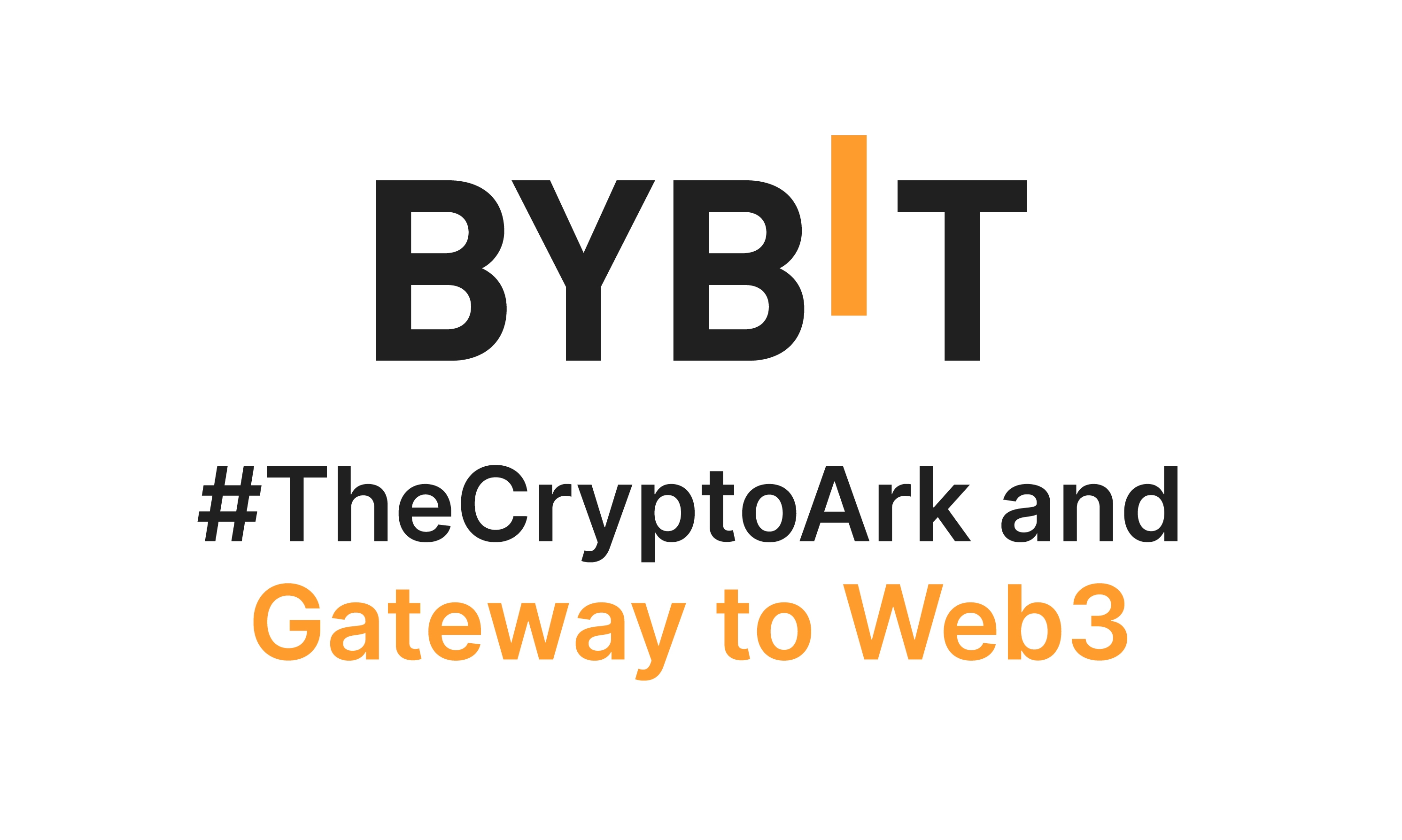Whoa, that’s wild. I dug into multi-chain volume last week and got surprised. It looked straightforward from the dashboard but felt complicated beneath the surface. Initially I thought cross-chain liquidity tracking was mostly solved by indexers, but then I noticed inconsistent pair labeling, missing bridge fees, and volume spikes tied to tiny liquidity pools that made the numbers misleading. On one hand you have protocols reporting on-chain swaps cleanly; though actually when you aggregate multiple chains and automated market makers, you run into data normalization problems, token renaming, and double-counting across wrapped assets, which means raw volume numbers can be very very misleading unless corrected.
Seriously, that surprised me. My instinct said the numbers were off before I ran a deeper reconciliation. I pulled pair histories and pinged devs in a builder channel. They pointed out mismatches caused by bridged tokens and wrapped assets that disguise true flow. Actually, wait—let me rephrase that: when you see sudden surges in volume on a fresh pair, you need to ask whether the liquidity came from a single whale or a router hop through multiple bridges, because those mechanics create artificial-looking spikes which confuse both novice traders and automated scanners.
Hmm, somethin’ felt off. Pair explorers are great for discovery, but their baseline metrics are often simplistic. You want per-chain splits, bridge-adjusted volumes, and timestamp reconciliation across RPC nodes. Initially I thought a single API call could give a reliable snapshot, though then I remembered network reorgs, stale indexed blocks, and third-party aggregators that lag by minutes or even hours, and that timing mismatch can flip a short-term trade decision into a painful lesson. On the other hand, some analytics platforms do try to address these issues by deducing whether a swap was routed through a bridge or if it used a router fee, but that requires heuristics that occasionally misclassify legitimate arbitrage as wash trading, which complicates automated alerting.
Here’s the thing. Volume tracking needs nuance, beyond raw token totals and headline numbers. Dashboards should show native versus wrapped flows and slippage. Pair explorers must let traders filter by chain, by pool type, and by router. When scouts and bots scan for new tokens, a pair explorer that highlights anomalies like tiny liquidity with outsized volume, zero fees paid to bridging, or repeated micro-deposits can help avoid rug-like traps, though it also raises the barrier for spontaneous token discovery.
Wow, not good. Volume spikes from router hops will show up as real trades unless you normalize. You need on-chain traceability and a mapping of wrapped addresses back to canonical tokens. My approach has been to combine chain-native RPC queries with aggregator feeds, apply parent-token mapping tables, and then run heuristics that look for repeated sender addresses or router signatures, which reduces false positives but requires careful maintenance as protocols evolve. I’ll be honest: that maintenance nags me because every new bridge or token standard nudges the ruleset, and somethin’ breaks or needs an override—so you can’t be fully passive about analytics if you expect reliable alerts.

Really, yep that’s true. Volume dashboards should publish confidence scores and chain-level granularity. Traders want alerts that say ‘probable liquidity migration’ not just ‘high volume’. That reduces noise while keeping the chance to pounce on real opportunities. On one hand the market rewards speed and automated detection, though on the other hand a human-in-the-loop check helps when the heuristics flag ambiguous events, because mistakes at launch can cost capital and reputation.
Okay, so check this out— I once saw a token list a pair across three chains before tracing origin. It was a single liquidity injection moved through a router, then split to mask intent. Initially I thought it was organic demand, but after looking into the wallet histories across chains I realized the liquidity came from a coordinated source, and that discovery changed my risk calculus for that market. So you want a pair explorer that shows cross-chain provenance, with easy toggles to view token contract relationships, and if possible a visual timeline that overlays liquidity moves and big transfers, because a picture will often tell you faster than pages of tables.
I’m biased, though. Tools that add provenance and router detection earn my trust faster than flashy UIs. Check volume by chain, then drill into token flows and wallet clusters before you commit. Also, use time-weighted averages over windows to smooth router-driven spikes so alerts aren’t constantly screaming. When you combine on-chain tracing, bridge-aware normalization, and pair explorer visual cues, you get a much clearer signal about genuine activity versus artifact, though setting those systems up takes technical work and ongoing curation.
How to choose what to use
If you want a practical explorer that ties cross-chain traces into pair views, prioritize provenance and try the dexscreener official site for a hands-on feel with pair explorers and per-chain breaks. Many charts shout volume but hide origins or cross-chain hops. That sells clicks but doesn’t help traders avoid traps. Initially I recommended relying on one reputable analytics engine, though actually diversifying signals across explorers and directly checking contract events gives a defensive advantage because no single provider captures everything perfectly. On the flip side, too many signals means more noise, so curate the sources you trust, automate sanity checks, and keep a lightweight checklist for new token launches to avoid decision paralysis.
Common questions traders ask
How do I tell real volume from bridge noise?
Start with chain-level splits and token provenance, then inspect top liquidity providers and recent large transfers; if volume concentrates through a small set of addresses or shows rapid router hops, treat it as higher risk and dig deeper before trading.
Can automated alerts replace human review?
Nope. Automated alerts are useful for speed, but pair explorers and volume trackers should be paired with quick manual checks on contract flows and wallet histories—automation flags, humans validate. I’m not 100% sure any system will be perfect, but this combo reduces surprise.








